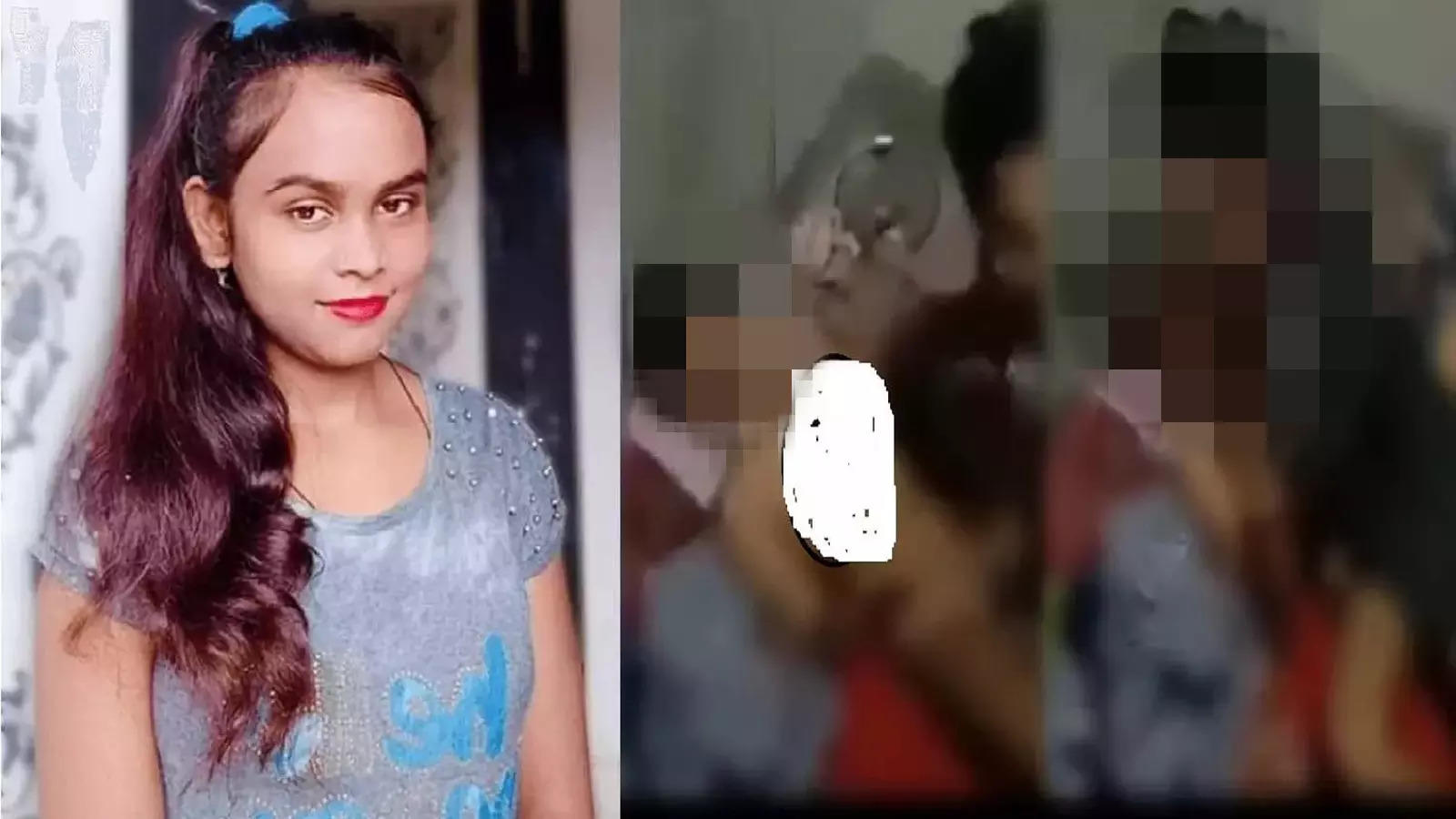Indian Motorcycle 2025 Lineup + MMS Scandal News: Top Stories
Are the digital shadows of our lives becoming a source of constant unease? In an era dominated by the relentless churn of social media and the ever-present lens of the internet, the lines between privacy and public exposure are blurring, leaving individuals vulnerable to the potential misuse of their personal moments.
The rapid evolution of technology has ushered in an age of unprecedented connectivity, where information, both authentic and manipulated, can spread across the globe in mere seconds. This has created a complex landscape where the sharing of personal content, whether intentional or otherwise, can have far-reaching consequences. The issue of "mms" (Multimedia Messaging Service) leaks, often involving intimate videos or images, has emerged as a significant concern, particularly in India, where such incidents have gained considerable attention in recent years. From the halls of universities to the lives of celebrities and social media influencers, no one seems immune to the potential for their private moments to be exposed to the public.
| Type of Incident | MMS Leaks and Deepfake Videos |
| Geographic Focus | India, with global implications |
| Key Concerns | Privacy violations, reputational damage, legal action, social stigma |
| Notable Cases |
|
| Legal and Social Response |
|
| Related Terms | MMS, Deepfakes, Cybercrime, Digital Privacy, Social Media, Online Harassment |
| Relevant Links | NDTV - MMS Scandal |
The genesis of this digital predicament can be traced to the proliferation of smartphones and the ease with which individuals can record and share content. The advent of social media platforms has further accelerated the spread of such content, creating echo chambers where private moments can quickly go viral. The impact of such leaks can be devastating, ranging from reputational damage and social ostracization to legal ramifications and severe emotional distress.
- Daily Wire News More Your Guide To Politics Culture Updated
- Bts Fandom From Armys Growth To Global Impact Beyond
The case of South Indian actress Trisha Krishnan serves as a stark example of the vulnerability of public figures. Reports of "shocking" images and videos, seemingly taken from her earlier modeling days, surfaced online, reminding the public of the potential for past content to resurface and impact a person's current life. Similarly, the experiences of social media stars like Anjali Arora and Sona Dey highlight the challenges faced by those whose images or videos are misused. Arora took legal action after a morphed video of hers went viral, emphasizing the need for accountability and the dangers of fabricated content. Dey, on the other hand, denied involvement in an alleged "mms" video, asserting that it was an edited fabrication intended to defame her, pointing to the prevalence of malicious intent and the ease with which digital manipulation can occur.
The scandals aren't confined to those with a public profile. Numerous ordinary individuals have become victims of leaked content. The Chandigarh University video leak case, for instance, shocked the nation, highlighting the severe consequences of such breaches. The incident involved the alleged filming of female students, sparking widespread outrage and prompting investigations. The response included denials of suicide attempts and the arrest of individuals involved. The case underscored the importance of safeguarding student privacy and the devastating impact such incidents have on educational institutions and the individuals involved.
The pervasiveness of this issue has prompted a response from government and legal authorities. The Indian government, recognizing the threat posed by deepfake videos and misinformation, has been forced to address the issue directly. Calls for social media platforms to take responsibility for the content shared on their platforms are growing. This includes efforts to curb the spread of manipulated content and to provide mechanisms for reporting and taking down inappropriate material.
A recent incident in Andhra Pradesh's Gudlavalleru Engineering College further demonstrates the pervasiveness of the problem. A hidden camera was discovered in a hostel bathroom, secretly recording women. The recordings were allegedly sold to students, further illustrating the abuse of technology for exploitative purposes and the need for vigilance in protecting privacy.
The implications of these privacy breaches extend beyond the individual. The spread of false information and manipulated content can destabilize communities and erode trust. The situation is made even more difficult with the rise of technologies such as deepfakes, which allows the creation of incredibly realistic but entirely fabricated videos. The Indian government's efforts to combat the spread of misinformation demonstrate the serious threat these technologies pose to social cohesion.
The issue is not limited to specific types of content. Any private moment or sensitive information shared online can become vulnerable. The constant fear of exposure can be incredibly damaging to an individual's mental health. Victims often face social stigma, cyberbullying, and even threats of violence, and that trauma can have long-lasting effects.
Several platforms are readily offering collections of explicit videos and images. The very existence of these collections underscores the commercialization of the exploitation of personal information. These platforms often exploit vulnerabilities and target individuals with malicious intent.
The debate over digital privacy is an ongoing one, with no easy solutions. It is a complex issue, and it requires a multi-faceted approach. This must include legal and technical solutions, alongside public education and awareness. It requires a combined effort from governments, tech companies, and individuals. Stronger laws are needed to criminalize the creation and distribution of unauthorized private content, along with mechanisms for rapid takedown of such content from online platforms. Social media companies also have an important role to play. They must invest in robust content moderation systems and provide tools to users to report and flag abusive content.
Education is an indispensable element of the solution. Individuals must be educated about the risks of sharing personal information online and how to protect their privacy. This includes promoting responsible online behavior and encouraging the development of critical thinking skills to discern the authenticity of online content.
The rise of cases involving MMS leaks and the spread of manipulated videos has created a digital environment that demands a thoughtful response. It is not a question of shutting down the internet; it is a question of creating a safe and responsible digital space. It is a call for individuals to be mindful of what they share, for platforms to be responsible for their content, and for governments to ensure a legal framework that protects the privacy of all citizens.
The increasing awareness and concern surrounding "mms" leaks and related issues reflect a broader shift in how we approach privacy in the digital age. As technology continues to evolve, so too must our efforts to protect personal information and to combat the misuse of digital tools. The conversation is ongoing, and it is one that requires the involvement of all stakeholders to ensure a digital world that is safe, secure, and respectful of individual privacy.
The rise of these digital intrusions is a challenge that demands our collective attention and action. The future of online privacy depends on it.
- Find Hindi Dubbed Movies More Streaming Guide For India
- Martin Kretz Eve Divorce Rumors The Parisian Agency Insights

Unveiling The Allure Of New Indian MMS

Post the MMS controversy, Bhojpuri singer Shilpi Raj's new video goes

Insta Viral MMS Go Viral Now!